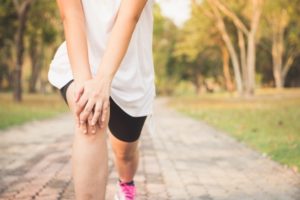In childhood most of our bone growth and bone density occurs. Girls reach their maximum bone density by age 18. For boys, this occurs by age 20. In adulthood, it is important to maintain bone density and try to slow the rate of bone loss. As we grow older, our bodies lose bone density. Below are ways to improve your bone health –

Bone health
1. Choose calcium-rich foods like
- Milk
- Yogurt
- Cheese
- Kefir
Choose non-dairy sources of calcium as well, such as fortified soy and rice beverages, canned salmon with bones, leafy green vegetables, beans, nuts, seeds and fortified orange juice
2. Stay active to keep your bones strong
Aim to be active for at least 150 minutes each week. Here are some ideas to help keep your bones strong. Try:
Weight-bearing exercises like running, walking, hiking, low impact aerobics, dancing, tennis and golf.
Resistance activities like lifting weights or push-ups to help build muscle, which keeps your bones strong.
Stretching exercises like yoga and tai chi to help improve balance and coordination, which will lower your risk of falling and breaking bones.
3. Don’t smoke or try to quit to keep your bones strong
If you smoke, you may have faster bone loss and a higher risk of bone fractures than non-smokers
4. Pay attention to vitamin D
Your body needs vitamin D to absorb calcium. Good sources of vitamin D include oily fish, such as salmon, trout, whitefish and tuna. Additionally, mushrooms, eggs and fortified foods, such as milk and cereals, are good sources of vitamin D. Sunlight also contributes to the body’s production of vitamin D. If you’re worried about getting enough vitamin D, ask your doctor about supplements.
5. Avoiding a low calorie diet
Super low calorie diets can lead to health problems, including bone density loss.
Before dieting, discuss calorie needs with a healthcare provider to determine a safe target number of calories to consume. Any diet should include a balance of protein, fats, vitamins, and minerals.
To support healthy bone density, it is important to consume plenty of calcium, vitamin D, protein, and vegetables.
It is also important to avoid smoking and excessive drinking. Taking these steps can help support bone density throughout adulthood.
